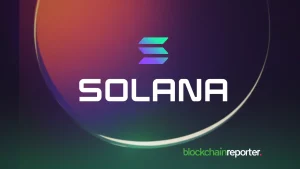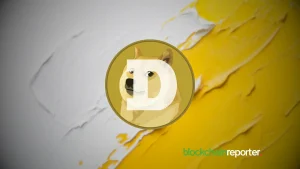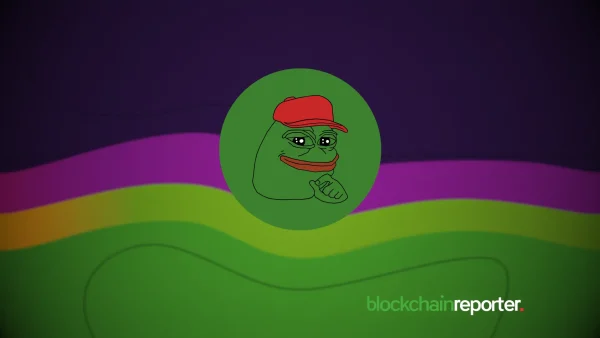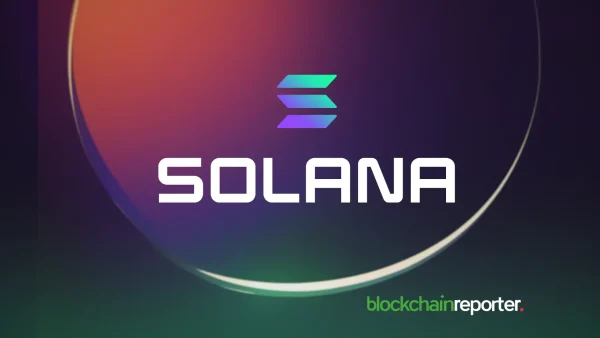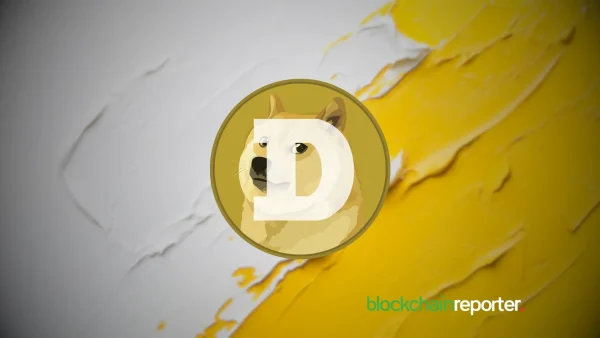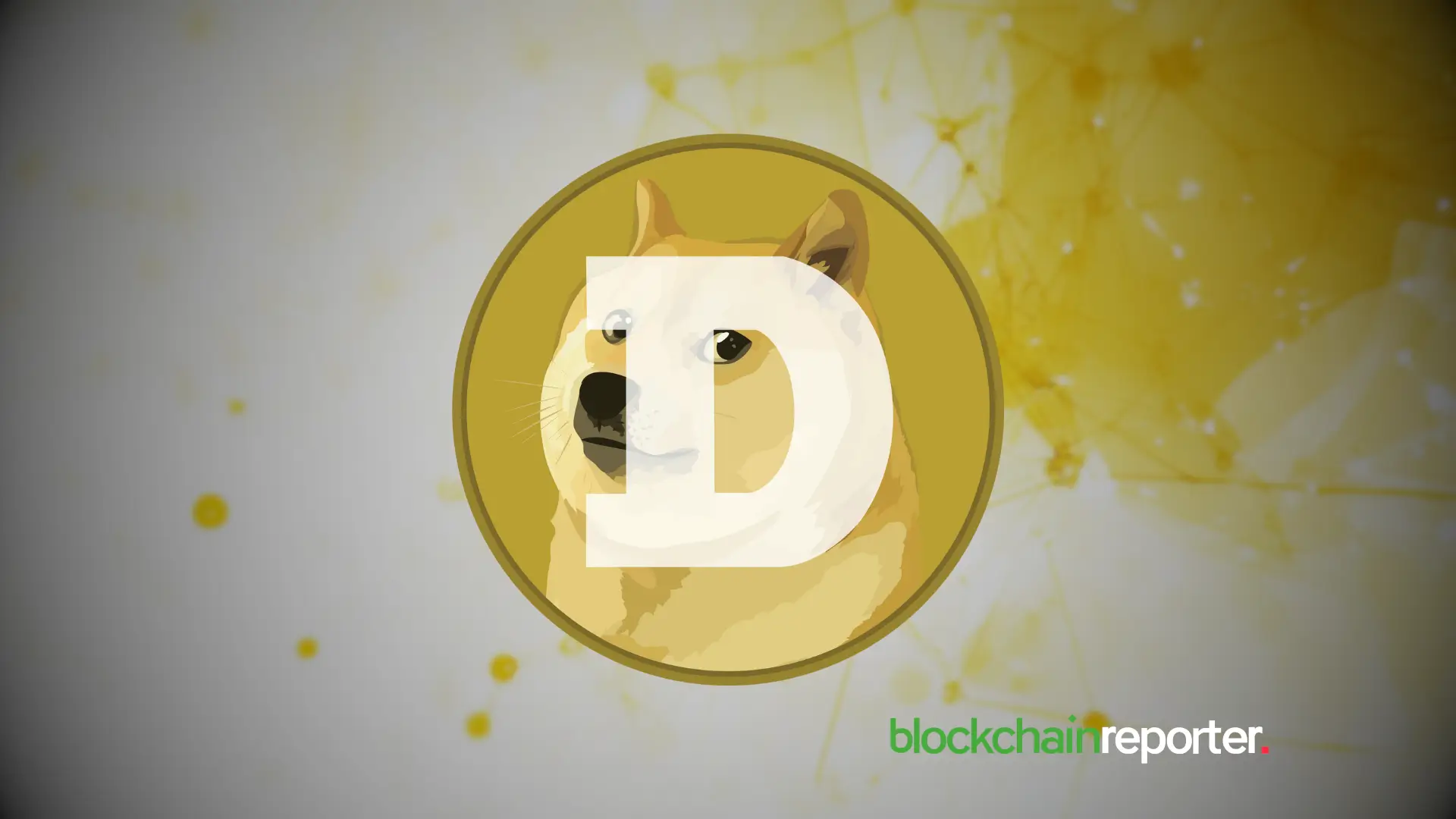
Speculation that the Dogecoin Foundation is repaying the 5 million DOGE it received from the well-known DOGE tip jar has been sparked by creating a core development fund funded using DOGE. According to a blog post on Twitter today, the Dogecoin Foundation has established a core development fund.
The fund will assist the network’s primary development initiatives, as the name suggests. According to the blog post, it will be run by the current core developers and board members of the Dogecoin Foundation. The foundation commits to publishing articles outlining any expenses.
Details of the development fund
The Dogecoin Foundation has contributed 5,000,000 DOGE to the multisig address. Notably, the wallet requires a minimum of three signatures to complete transactions and has five custodians, including key developers and members of the Dogecoin Foundation. 500,000 DOGE will be dispersed among contributors by the method used initially with the renowned tip jar following the introduction of a new Dogecoin Core version.
Although it hasn’t been stated explicitly, Mishaboar (@Mishaboar), a well-known member of the Dogecoin community, has made connections between the 5 million DOGE fund and the 5 million DOGE that the Dogecoin Foundation allegedly took from the tip jar at the end of last year to pay for Dogecoin Foundation costs in January 2022. Notably, the acquisition had provoked debate and even fury in certain local quarters. This is due to the community’s prior misconception that the network only used these donations to support core development activities.
To put things in perspective, the foundation relies on advocacy and non-blockchain or core development initiatives to sustain the Dogecoin network.
Timothy Stebbing, the product lead for the Dogecoin Foundation, has however refuted allegations that the money was utilized for foundation costs. Instead, according to Stebbing, money was sold to protect against a predicted price drop that materialized.
Notably, the distribution of monies from the tip jar has sparked heated discussions in the neighborhood. Billy Markus, a co-creator of Dogecoin, explained that developers never intended for the tip jar to finance core development activities expressly but rather as a way to show gratitude for specific individuals contributing to the project at the time. Markus concludes that the cash distribution is the holders’ business and not the community’s responsibility.


